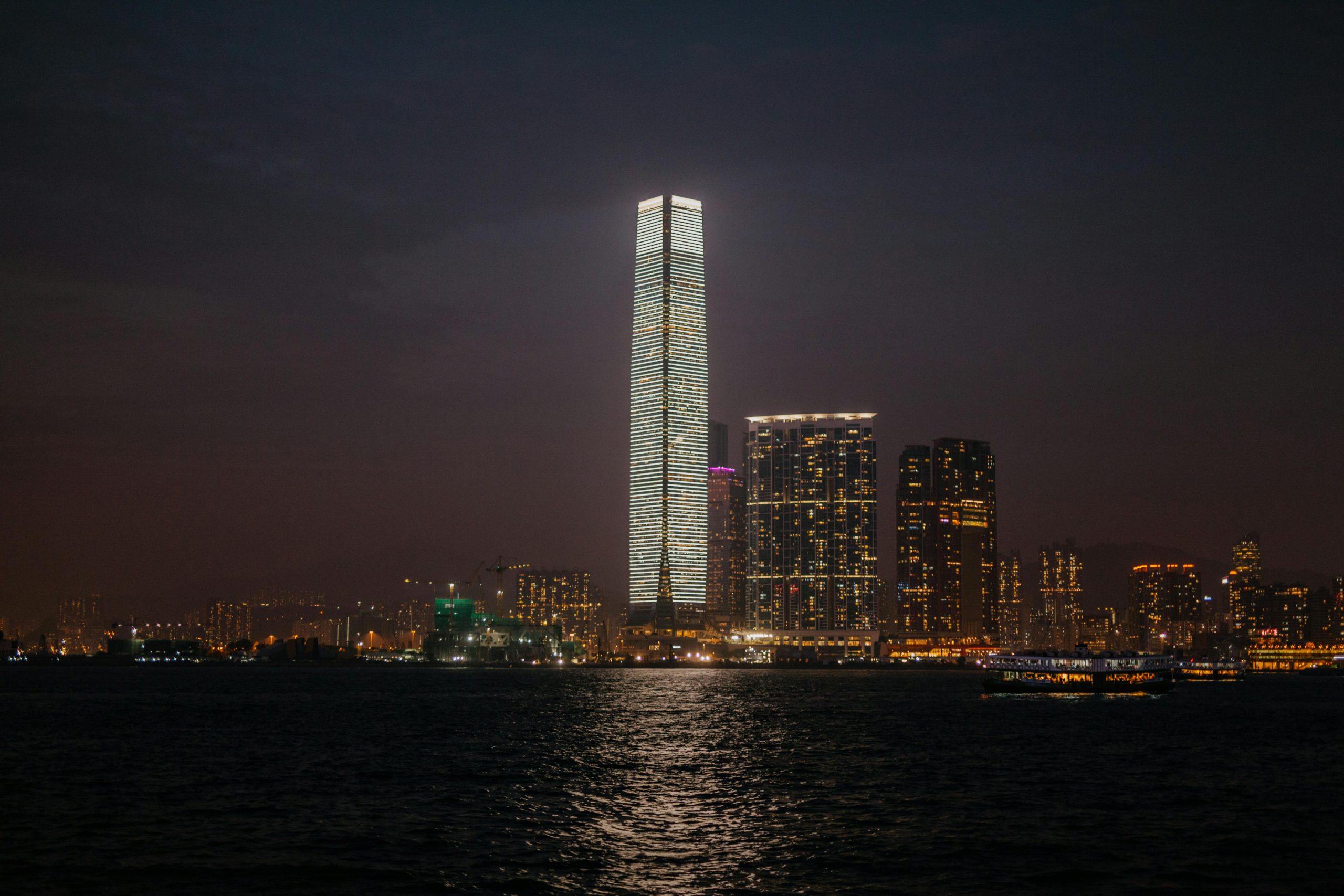Legislative developments in the Kingdom of Saudi Arabia … a guarantee of rights and combating corruption
The announcement of His Highness the Saudi Crown Prince, His Royal Highness Prince Muhammad bin Salman bin Abdulaziz - may God protect him - came to develop the system of specialized legislation, to confirm that the Kingdom of Saudi Arabia is going in recent years serious steps towards developing the legislative environment, which included (civil transactions and personal status, And condolences, and proof), to highlight the impact of these developments from strengthening the civil civilization in a way that contributes to increasing confidence in the regular and judicial procedures and improving the mechanisms of control over them, through the following axes:
- The first axis: the Kingdom's commitment and governors of its affairs to the Book of God and the Sunnah of His Messenger - may God bless him and grant him peace - and the companions ’act - may God be pleased with them - and the jurisprudential school in what is known as the legal rules derived from the book and the Sunnah, and relying on the rulings on this legal methodology since the unification of the Kingdom of Saudi Arabia at the hands of His Majesty King Abdulaziz -may God have mercy on him -, and the systematic judicial development.
From a historical point of view, we find that the judicial system in the Kingdom of Saudi Arabia depends on Islamic law derived from the Noble Qur’an and the Sunnah of the Prophet, and as a result of relying on the Sharia without writing it, in addition to not relying on the judicial precedents, and leaving the field of ijtihad open to every judge without specific controls, they have become there A state of ambiguity surrounding the environment of judicial work in the Kingdom, and the eye of criticism began to the judicial system in the Kingdom as a slow system that is devoid of real guarantees and does not coincide with the course of the modern world, and as a result, King Abdullah issued in 2007 a royal decree that requires extensive reforms to the judiciary and the establishment of a judicial system New, and the government disclosed its intention to write down the rules of Islamic law in 2010 AD, and these efforts resulted in the year 2018 AD a reference book for precedents and legal principles was published, until these reforms were completed with the launch of labor courts on November 25, 2018, and in 2020 AD In succession and harmony with the human rights reform plan, the powers of the condolences abandoned the interpretations of the judges were reduced, for example-the abolition of condolent skin by decision No. (40-m) dated 24-6-1441 AH, which has received a severe welcome at the level of those interested in legal work , Whether judges or lawyers, as well as a great acceptance and welcome from the people of the Kingdom.




















